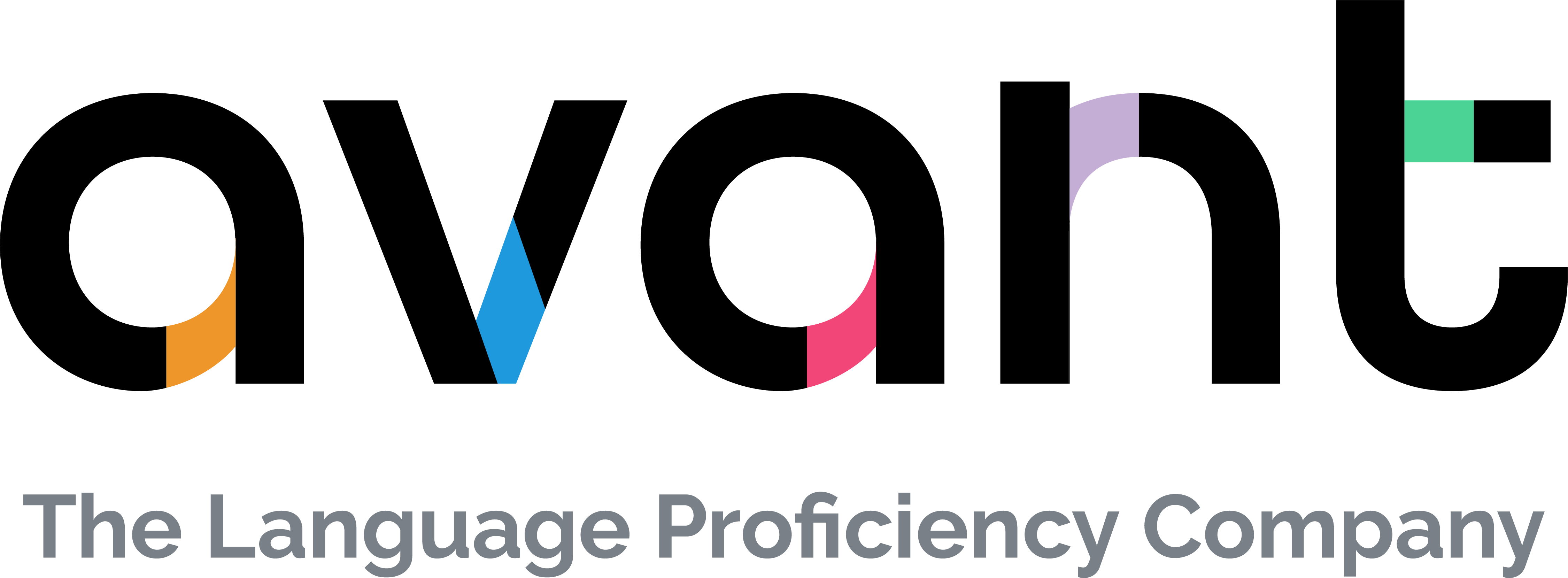Dive Brief:
- Three years ago, members of a student union in Newark, New Jersey occupied school district headquarters and staged a citywide school walkout to protest the state-appointed superintendent's school closures. They were also calling for the state to return control of Newark’s schools to the local school board, which happened in February, according to Chalkbeat.
- Now, in an effort to be taken seriously and solve current problems, the students are trying to refocus the mission of the union from attacking policies to partnering with Newark’s board and new superintendent.
- The re-imagined union has since introduced two proposals: full voting privileges for the board’s student representative and a program in which high school students mentor younger students from under-represented groups, encouraging them to apply to magnet schools.
Dive Insight:
While, school safety is top of mind for student leaders, many also want to be involved in a much wider breadth of issues affecting school communities. Some district and school leaders are creating new avenues to engage student voice, looking beyond the usual narrow student-life options that attract the same types of students to structures that will encourage more marginalized students to weigh in on whole-school issues. Encouraging students to influence decisions affecting their school can also help them become more engaged in the larger community, according to the Civics Education Initiative.
To ensure that students participating in surveys, heading committees or addressing school boards represent the mix of students in their communities, some principals now expressly invite students to take part in those types of opportunities, looking to students who probably wouldn't have stepped up on their own. Student voice is also being represented in the strategic plans of some districts. For example, under each goal might read a statement along the lines of “We know we are on the right track when students say …” Administrators in Lawrence Township, New Jersey always seek student input before making big decisions. For example, weekend homework was reduced after students were polled about their overall workloads. While administrators and students won't always see issues the same way, ongoing communication is important for building trust and respect, and giving students the skills to be productive members of their communities.






 Dive Awards
Dive Awards







